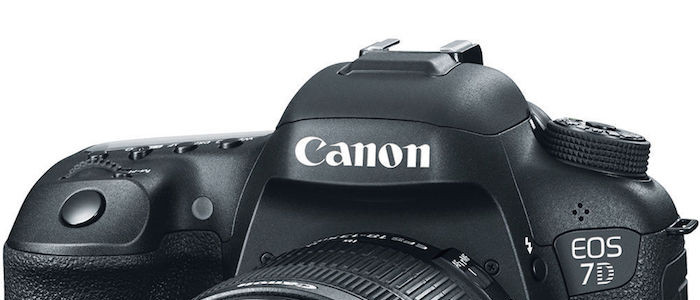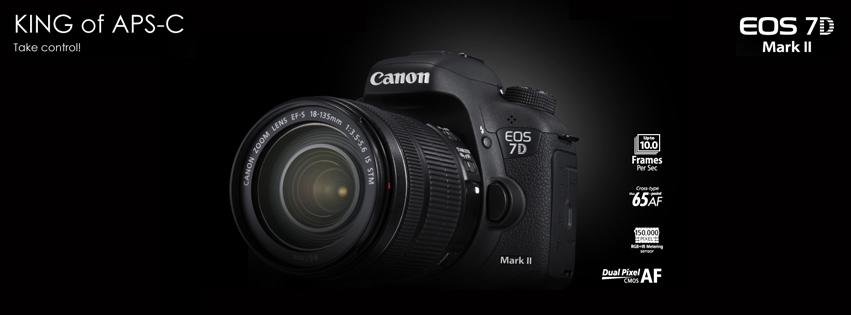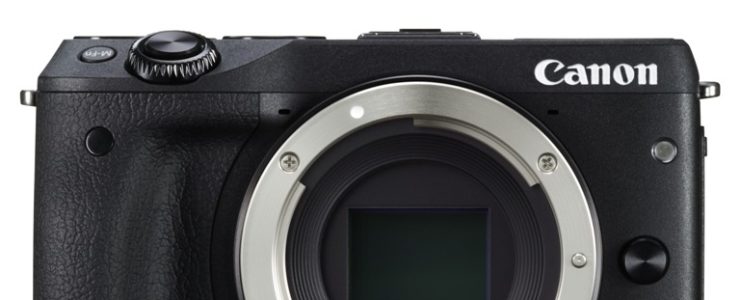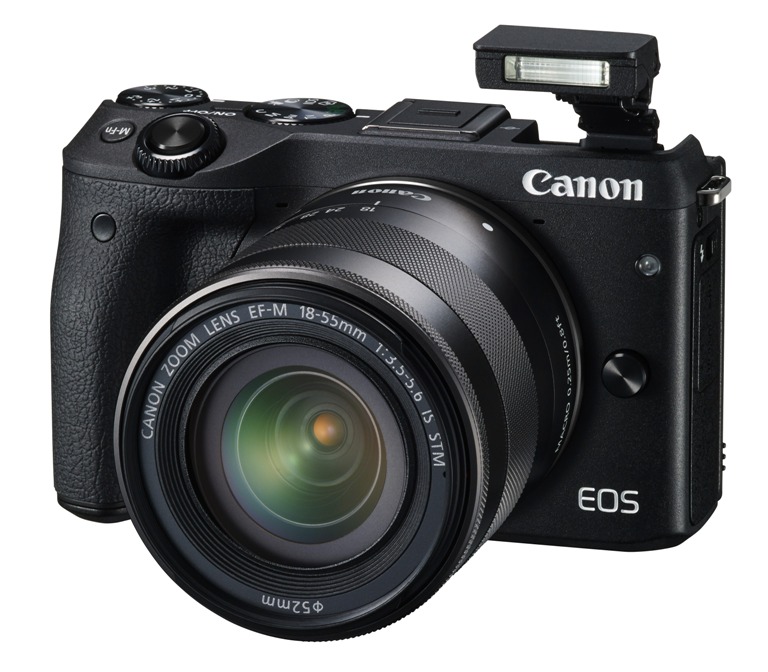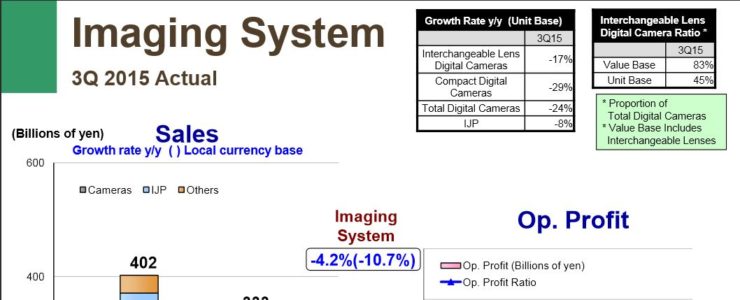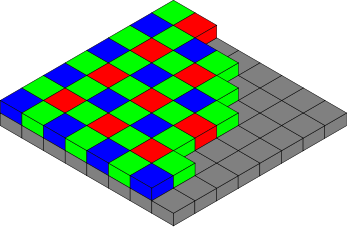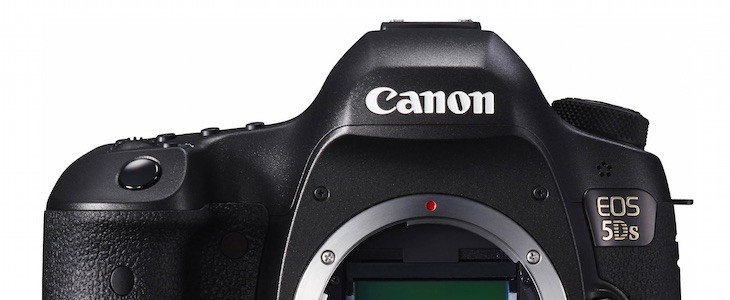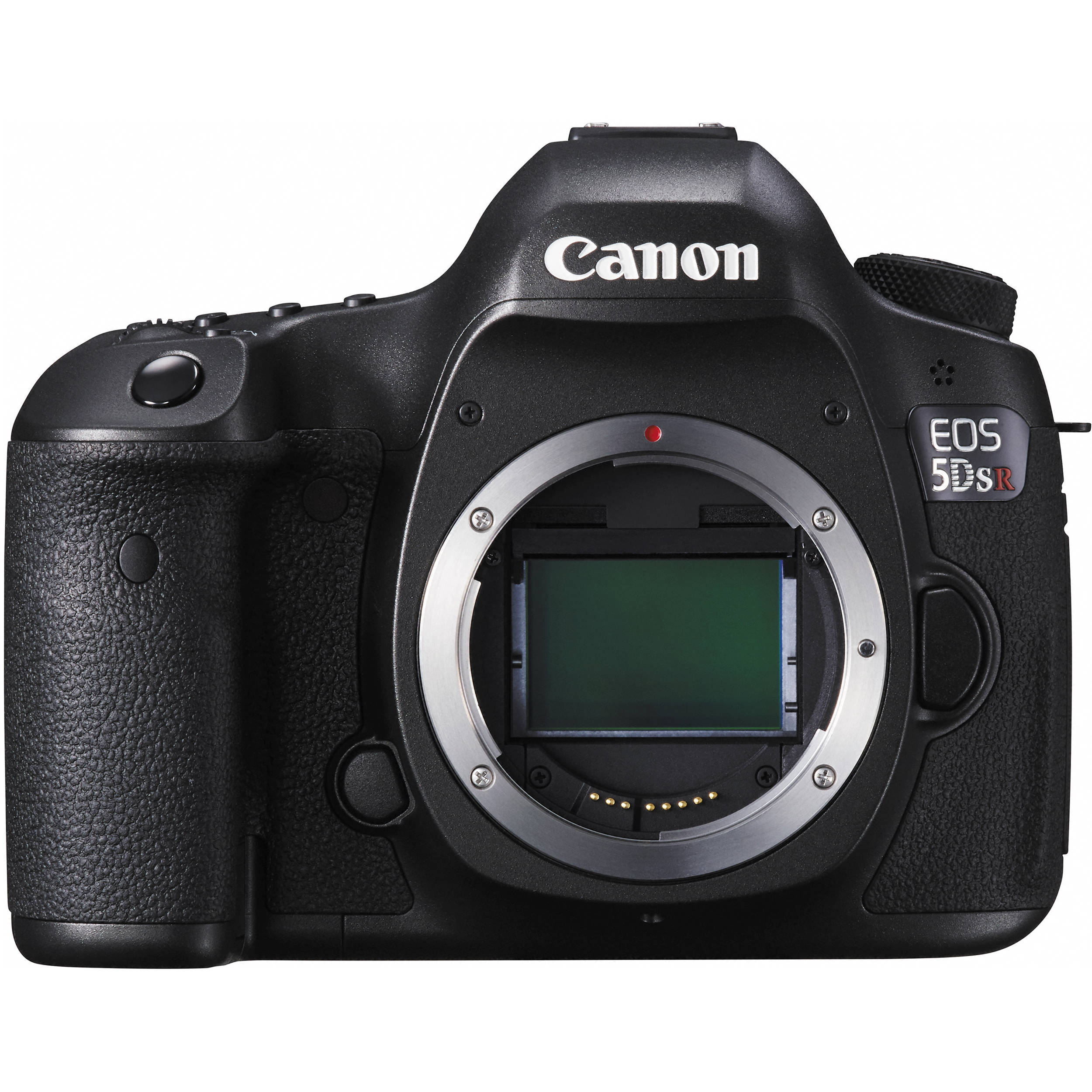Follow us:
Canon EOS 7D Mark II bundle deal, EF-S 18-135mm IS STM, PIXMA PRO-100, 32GB card, bag – $1,500 (Adorama)
Authorised Canon US dealer Adorama has a great deal on the Canon EOS 7D Mark II. You pay $1,499.95 after $350 mail-in rebate, and get:
- Canon EOS 7D Mark II with EF-S 18-135mm IS STM Lens (reg. $1,849)
- Canon PIXMA PRO-100 Professional Photo Inkjet Printer (reg. $399.99)
- Lexar 32GB Class 10, 200x Platinum II Series Secure Digital High Capacity (SDHC) Memory Card (reg. $19.95)
- Slinger Photo Video Bag – Black (reg. $24.95)
- Canon SG-201 Photo Paper Plus Semi-Gloss, 13×19″, 50 Sheets (reg. $36.99)
- New Leaf PLUS – 1 Year Digital Camera Service Plan with Accidental Damage Coverage (for Drops & Spills) (reg. $59.95)
Click here to access the bundle page. Mail-in rebate info is here.
- 20.2 Megapixel CMOS (APS-C) sensor and ISO 100 16000: (expandable to H1: 25600, H2: 51200) for reduced noise at high ISOs and high performance Dual DIGIC 6 Image Processors for outstanding image quality and processing speed.
- High speed continuous shooting: up to 10.0 fps allows you to capture fast action.
- 65-point all cross-type AF system: for high-performance, accurate subject tracking with EV -3 sensitivity (center point) for focusing in extreme low-light conditions.
- Canon’s innovative Dual Pixel CMOS AF: enables you to shoot video like a camcorder with smooth, fast, and accurate autofocus and lets you enjoy instant and precise autofocus
- Stunning Full HD video: with Custom Movie Servo AF (speed and sensitivity) for continuous focus tracking of moving subjects, multiple frame rates including Full HD recording at 60p in MOV and MP4 formats and uncompressed HDMI out.
- Intelligent Viewfinder II: provides approximately 100% field of view for shooting ease.
- Improved custom controls: and built-in intervalometer and bulb timer for expanded creativity.
- Magnesium alloy body: with shutter durability up to 200,000 cycles and enhanced dust and weather resistance.
- EOS Scene Detection System: features a new 150,000-pixel/RGB+IR metering sensor for improved precision.
- Built-in GPS Receiver: provides a digital compass, records location information(longitude, latitude, elevation and universal coordinated time (UTC)) as EXIF information for geotagging images when shooting.
- 3.0-inch Clear View II LCD monitor: (approximately 1,040,000 dots) for bright andclear viewing.

